Medical background of the A.R.T. method
The modern medicine of the future will develop along the concept of "Integrative Medicine". An essential part of integrative medicine are mind-body procedures. Mind body medicine includes medical procedures that aim to strengthen the self-help and health competence of individuals, for which mental as well as physical techniques are used today. (Brinkhaus and Esch 2021)
Mind body medicine often uses techniques that are based on a targeted sensory stimulation of vegetative self-regulative processes in the autonomic nervous system and that use meditative methods to activate a central network (default mode network). The "dmn" makes a decisive contribution to stress reduction and coordinated re-conditioning of the organism.
The A.R.T. is to be identified as a typical user-based measure within the concept of mind-body medicine, which makes use of the above mentioned mechanism and spromotes the active self-care of the user.
The positive effects of the A.R.T. in terms of improved stress management functions (resilience), psychological well-being and the alleviation of general physical complaints, we were also able to show in two of our own pilot studies. Several hundred applications and therapeutic successes in the daily patient work of the last two years, show the great potential of the A.R.T.

Scientific research on the topic (selected)
-Improving the physical, emotional and cognitive functions of patients with neurological diseases through music therapy
(Särkämö, Tervaniemi, Laitinen, Hällgren, Annals of the New York Academy of Sciences, 2013)
-Relief of symptoms of depression through sound therapy
(Gold, Fachner, Erkkilä, Olson, Geretsegger, The Lancet Psychiatry, 2015)
-Reduction of anxiety in music therapy
(Ryumkoo, Lee, Kang, Complementary Therapies in Medicine, 2017)
-Improvement of the quality of sleep and the ability to regenerate through music therapy
(Zhou, Cheung, Chan, Psychology of Music, 2018)
-Mental state in relation to the Chinese 5 tones music therapy
(Schwarz, Hammes, 2022, Pilotstudie Audio Resonance Therapy)
-Improved emotional regulation and resilience after mindfulness-based stress reduction
(Singer, Lutz et. al, Psychological Science, 2013)
-Job satisfaction with meditation
(Hülsheger et al., Journal of Occupational Health, 2012)
-Reduction of the stress hormone cortisol with mindful breathing
(Creswell, et al, Psychoneuroendocrinology, 2014)
-Strengthening the immune system and reducing inflammation in the body through meditation
(Davidson, Kabat-Zinn, 2003, Psychosomatic Medicine, Sundberg et. al., Psychoneuroendocrinology, 2014)
-Lower blood pressure, heart rate and stress through meditation
(Ramchandani, Gopinath, D`Souza, Hedge, European Journal of Preventive Cardiology, 2012)
-Lowering systolic and diastolic blood pressure through meditation
(Hughes, Psychosomatic Medicine, 2013)
-Reducing the risk of heart disease and stroke through meditation
(Barnes, Anderson, Carroll, Kim, Santoro, Circulation, Cardiovascular Quality and Outcomes, 2013)
-Improving heart function and reducing stress in coronary artery disease through meditation
(Pal, Yadav, Kumar, Mehta, Journal of Alternative and Complementary Medicine, 2014)
-Improving heart rate variability through meditation
(Lee, Sood, Cohen, Psychosomatic Medicine, 2015)
-Improvement of the ability to concentrate and cognitive functions through meditation
(Trautwein, B. Kanske, Böckler, Trost, P.Kanske, Psychological Science, 2014, Consciousness and Cognition, 2015)<
-positive change in learning and memory performance in mindfulness training
(Hölzel et. al, Psychiatry Research: Neuroimaging, 2011)

STIMMEN & MEINUNGEN
